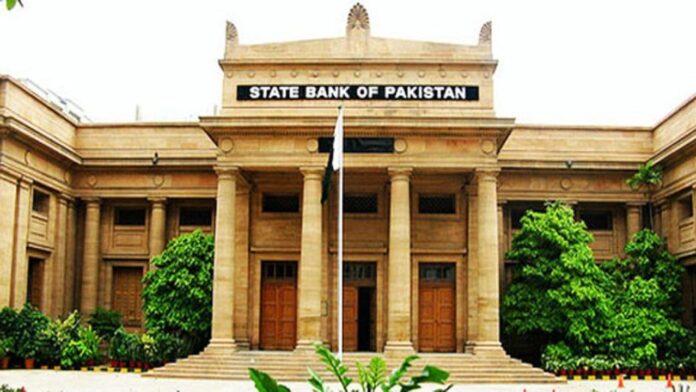The State Bank of Pakistan (SBP) has allowed authorized dealers the authority to execute import advance payments, without prior approval from the SBP, against irrevocable letters of credit (LCs) or invoices.
According to a circular by the SBP, these payments can now amount up to 100% of the value of the letter of credit or invoice, marking a notable departure from previous restrictions.
The SBP emphasized that such transactions must be conducted with appropriate due diligence and adherence to the Trade-Based Money Laundering (TBML) framework.
This includes assessing customer profiles, evaluating the nature and quantity of imported goods, and monitoring prevailing pricing trends in international and domestic markets.
To mitigate risks of misuse, authorised dealers are mandated to obtain undertakings from importers, as well as collateral or guarantees, as deemed necessary.
Moreover, they are required to submit consolidated statements regarding advance payments against imports to the SBP’s Foreign Exchange Operations Department, ensuring transparency and accountability.
Penalties are outlined for instances where imported goods are not received within specified timeframes or advance payments are not repatriated. These penalties include daily interim charges and potential adjudication by the Foreign Exchange Adjudication Department.
As per the SBP circular, authorized dealers must recover an interim penalty of 0.1% per day on outstanding advance payments if goods aren’t imported or funds repatriated within 730 days for plant and machinery, or within 120 days for other cases, and deposit the recovered amount in favour of the SBP.
The interim penalty amount accruing on each day will be calculated by using the prevailing market exchange rate starting from the first day after the lapse of 730 days or 120 days, till the date of goods import into Pakistan.
In addition to penalties, the SBP underscores the importance of establishing monitoring mechanisms to prevent misuse of import advance payments.
Authorized dealers are empowered to take punitive actions against delinquent importers, including reporting suspicious transactions and barring future advance payments.
Overall, the SBP’s amendments aim to strike a balance between facilitating trade activities and safeguarding against potential risks associated with import advance payments.
The regulatory changes aim to foster greater transparency and accountability within Pakistan’s import ecosystem by promoting enhanced due diligence and compliance measures.




